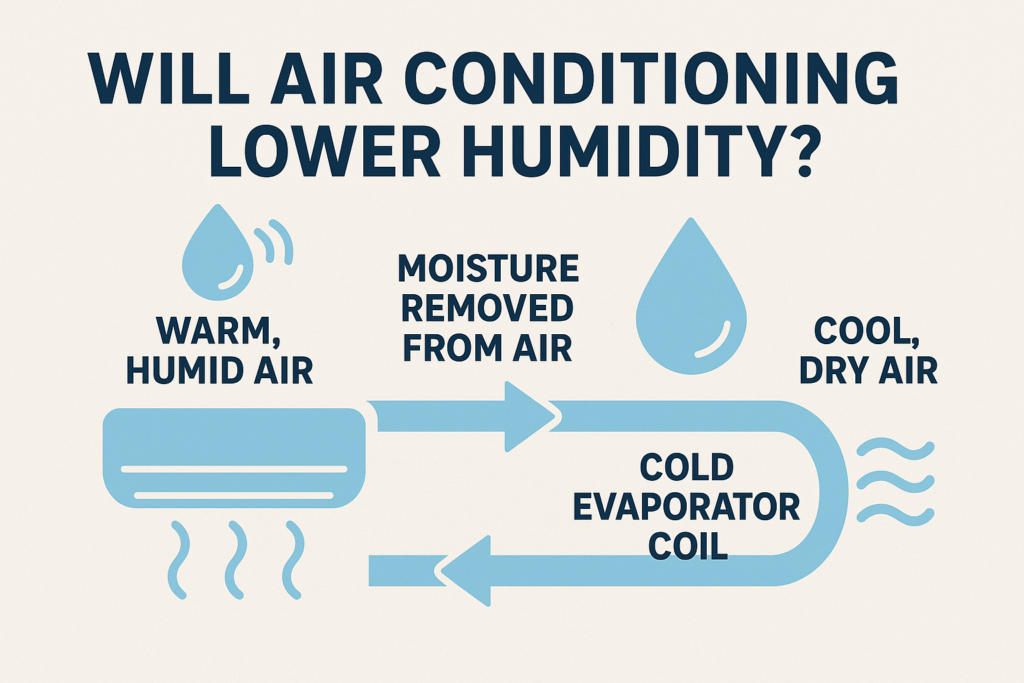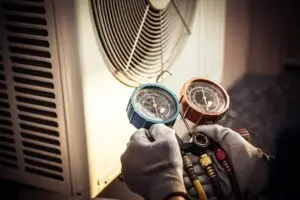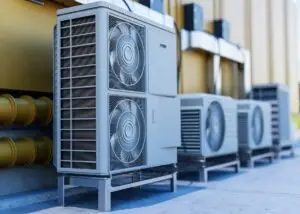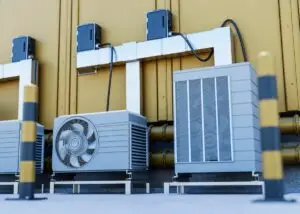Will Air Conditioning Lower Humidity? Here’s What You Need to Know
Let’s face it—Florida humidity can feel like walking through soup. If you’ve ever come home drenched in sweat only to crank the thermostat down to arctic levels, you might be wondering: Will my air conditioning actually lower the humidity—or just make me colder in sticky air?
As a family-owned HVAC business in the Tampa Bay area, we get this question all the time. And today, we’re going to break it down in plain, friendly terms—along with some real-life stories from our own customers and team.
Yes, Your AC Does Lower Humidity—But Here’s How It Works
When your air conditioner runs, it doesn’t just cool the air—it also removes moisture. That’s because part of the AC’s job is to pull warm, humid air across a cold evaporator coil, where water vapor condenses and drains out through a line.
Think of it like a cold soda can on a hot day—ever notice the condensation? That’s what’s happening inside your AC system.
But here’s the kicker…
AC Units Can Struggle With Humidity If They’re:
Paired with leaky ductwork that pulls in warm, humid attic air
Oversized for the space (they cool too fast, without running long enough to dehumidify)
Poorly maintained (dirty filters, clogged coils, etc.)
Running with low refrigerant
👉 Want to avoid these issues? That’s where routine AC maintenance comes in. We’ve seen systems in tip-top shape dehumidify like champs, while neglected ones just blow damp, cold air.
One Real Example: Saving a Sarasota Family From “Swamp House” Syndrome
We had a customer in Sarasota call us in July. She said, “It’s cool in the house, but it feels gross. My hair’s frizzy. My tile floors feel sticky. What gives?”
Turns out, her unit was oversized for her smaller bungalow, and her AC was short-cycling (turning on and off too fast). It never ran long enough to pull out the humidity.
We installed a properly sized unit and set up a smart thermostat. Within 24 hours, her home felt noticeably drier—and she actually raised the temperature 2 degrees and still felt cooler.
Tips to Maximize Humidity Control With Your AC
Here’s what we suggest if you’re still dealing with muggy indoor air:
1. Check Your Thermostat Settings
Did you know setting your thermostat too low can backfire and lead to short cycles? Find the sweet spot. Need help figuring that out? Check out our blog:
👉 What Temperature Should You Set Your AC To?
2. Keep Filters Clean
Dirty filters restrict airflow, which limits how much moisture your system can remove.
3. Get Professional Maintenance
Just like a car needs oil changes, your AC needs regular check-ups. Our maintenance services keep your system running efficiently, including keeping it dehumidifying properly.
4. Consider a Whole-Home Dehumidifier
If your AC can’t keep up (especially during Florida’s steamiest months), we sometimes recommend pairing it with a dehumidifier. It works with your HVAC system and makes a massive difference.
Signs Your AC Isn’t Controlling Humidity Well
You might notice:
- Musty smells
- Sticky skin
- Condensation on windows
- Higher-than-usual electric bills
- Warped wood furniture or flooring
If any of these sound familiar, it might be time to let us check it out. A quick service call can go a long way toward restoring indoor comfort.
Final Thoughts: AC and Humidity Are a Package Deal
Air conditioning absolutely helps lower humidity—but only when it’s the right size, properly maintained, and set up for your specific home.
We know Florida’s weather can be brutal, but your home doesn’t have to feel like a sauna. Whether you’re in Tampa, Sarasota, Riverview, or St. Pete, we’re here to keep you cool and dry.
Need help figuring out if your system is pulling its weight?
🛠️ Book a tune-up or AC maintenance service with Weather Tech Services today and breathe easier—literally.





